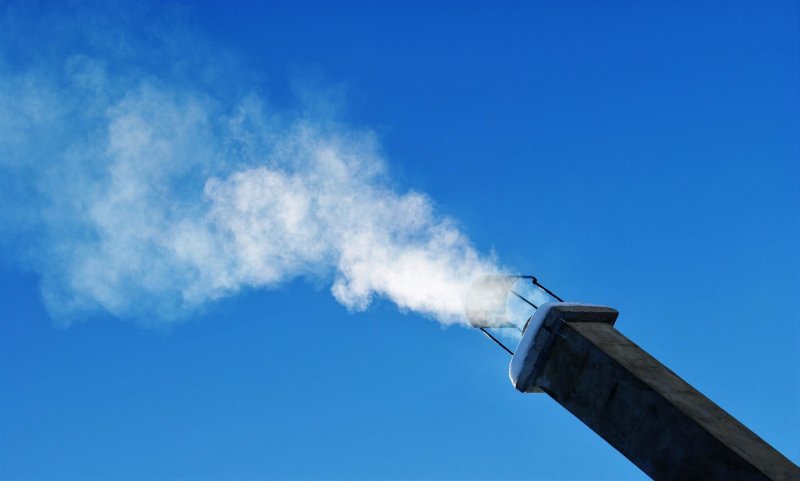As the 21st century progresses, rising atmospheric carbon dioxide (CO2) concentrations will cause urban and indoor levels of the gas to increase, and that may significantly reduce our basic decision-making ability and complex strategic thinking, according to a new CU Boulder-led study. By the end of the century, people could be exposed to indoor CO2 levels up to 1400 parts per million — more than three times today’s outdoor levels, and well beyond what humans have ever experienced.
“It’s amazing how high CO2 levels get in enclosed spaces,” said Kris Karnauskas, CIRES Fellow, associate professor at CU Boulder and lead author of the new study published today in the AGU journal GeoHealth. “It affects everybody — from little kids packed into classrooms to scientists, business people and decision makers to regular folks in their houses and apartments.”
…
Put simply, when we breathe air with high CO2 levels, the CO2 levels in our blood rise, reducing the amount of oxygen that reaches our brains. Studies show that this can increase sleepiness and anxiety, and impair cognitive function.
…
The team says there may be ways to adapt to higher indoor CO2 levels, but the best way to prevent levels from reaching harmful levels is to reduce fossil fuel emissions.































